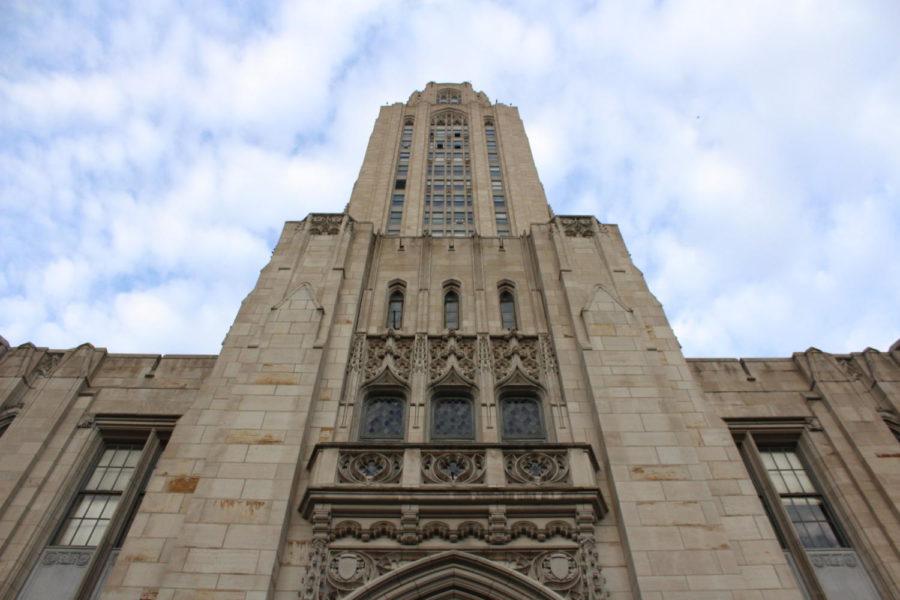Update: Gov. Tom Wolf signed the appropriation bill Friday, officially funding Pitt and the other state-related universities.
The Pennsylvania General Assembly has passed an appropriation bill to fund Pitt, warding off the fear of a tuition hike — for now.
The bill passed Wednesday by a margin of 181-5, and now heads to Gov. Tom Wolf’s desk for his approval. In a video he tweeted Oct.12, Wolf reaffirmed his support for state-related universities.
“The Republicans are really responsible for getting [the appropriation bill] to my desk and I will sign it if it does that,” he said in the video.
This marks the end of a more than four-month stalemate since the budget was passed at the end of June.
The Pennsylvania state legislature passed a revenue package to fund the budget this week, which will also be sent to Wolf for approval. The legislature struggled to pass a revenue package, leaving the non-preferred appropriation bills — which fund the four state-related universities Pitt, Temple, Penn State and Lincoln — unaddressed during that standstill. That is, until Wednesday.
In an email, Chancellor Patrick Gallagher commended the support of the University community — which he said was expressed in tens of thousands of phone calls, emails and letters to the state legislature.
“Your messages to lawmakers affirmed that the University of Pittsburgh is critically important to Pennsylvania families and to the success of our Commonwealth. The central theme was clear: Pennsylvania and its citizens are winners when we support the world-class research and education that Pitt provides,” he said.
In an email statement, Mike Turzai, Pennsylvania speaker of the House, called on state-related universities to freeze tuition rates for next year now that they’ve received their funding.
“We are hoping that these state-related universities make a commitment to not increase tuition and room and board for our Pennsylvania students attending these institutions for the 2018-19 school year now that state tax dollars have been appropriated,” Turzai said. “These appropriations should be focused on making higher education more affordable for Pennsylvania students.”
The state-related universities will receive a combined total of nearly $600 million this year from the state — with Pitt’s allotment totalling about $147 million. Turzai said in the statement that state-related university funding increased by about 8 percent from the 2014-15 fiscal year to the 2016-17 fiscal year.
The University would not say whether or not they intend to raise tuition rates next year, but said the funding this year was the same as last year — unadjusted for inflation.
In a statement sent by University spokesperson Joe Miksch, Gallagher said state funding is the “critical mechanism” by which the University ensures that it retains the best students in the state.
“I am deeply grateful that our leaders in Harrisburg have voted to support the state’s longstanding partnership with the University of Pittsburgh,” he said. “This is great news for the state of Pennsylvania and for all the Pennsylvanians who work and study at Pitt.”


